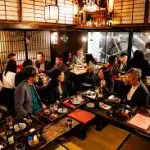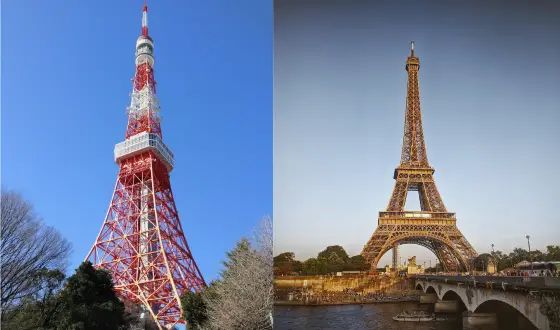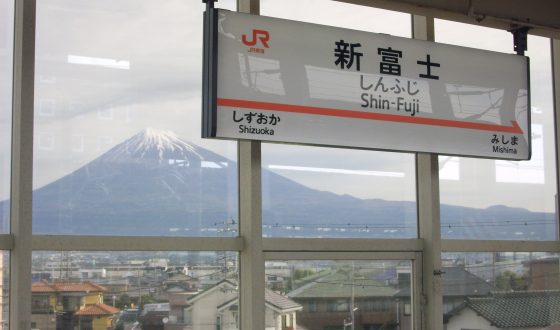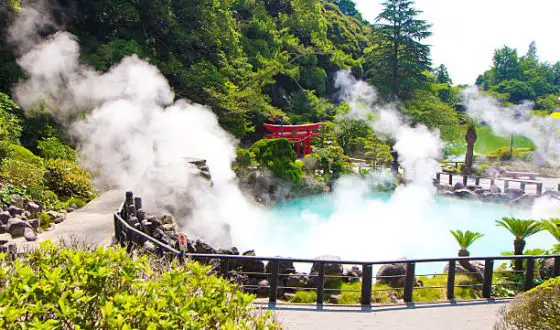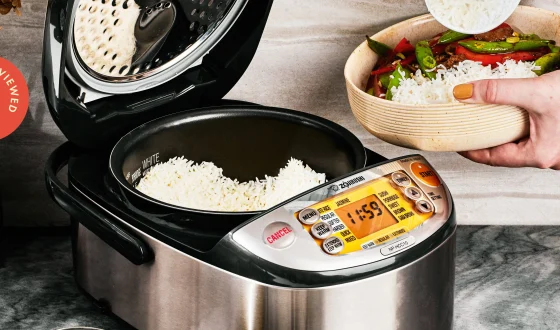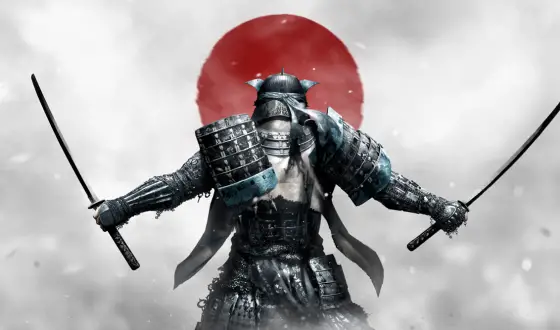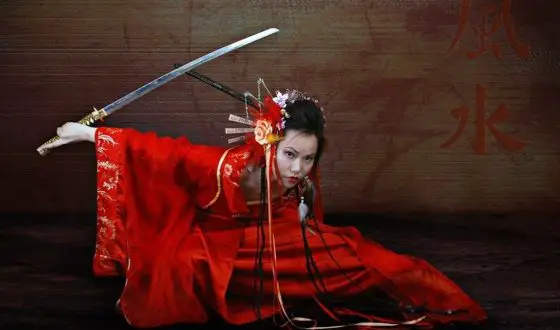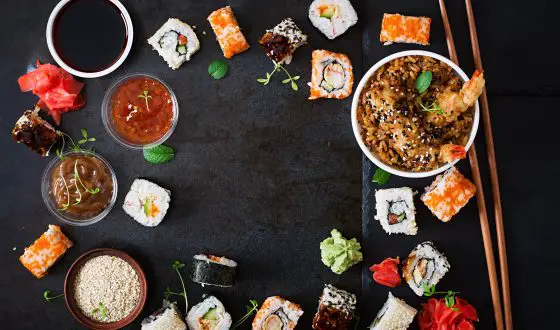Drinking Age In Japan: Is Drinking Permitted At Your Age?
Just like people from other countries in the world, Japanese people love drinking. Drinking plays an important role in Japanese society. Drinking parties, typically held at restaurants and izakaya, are a common activity that is used to strengthen both social and business ties. However, overdrinking does not do wonders for your health, especially for the young. In order to minimize junior drinking, Japan made a law on drinking age in Japan. How old do you have to be to drink in Japan? Let’s follow Question Japan to find your own answer and explore some drinking customs!
Interesting facts about drinking age in Japan
Japanese drinking culture
If you love drinking, then come to Japan. Japan is a booze lover’s paradise. This country is also among the very few number of countries that do not criticize overdrinking. As drinking in public is acceptable, it is easily to catch drunkards in pubs, streets or even in the trains.
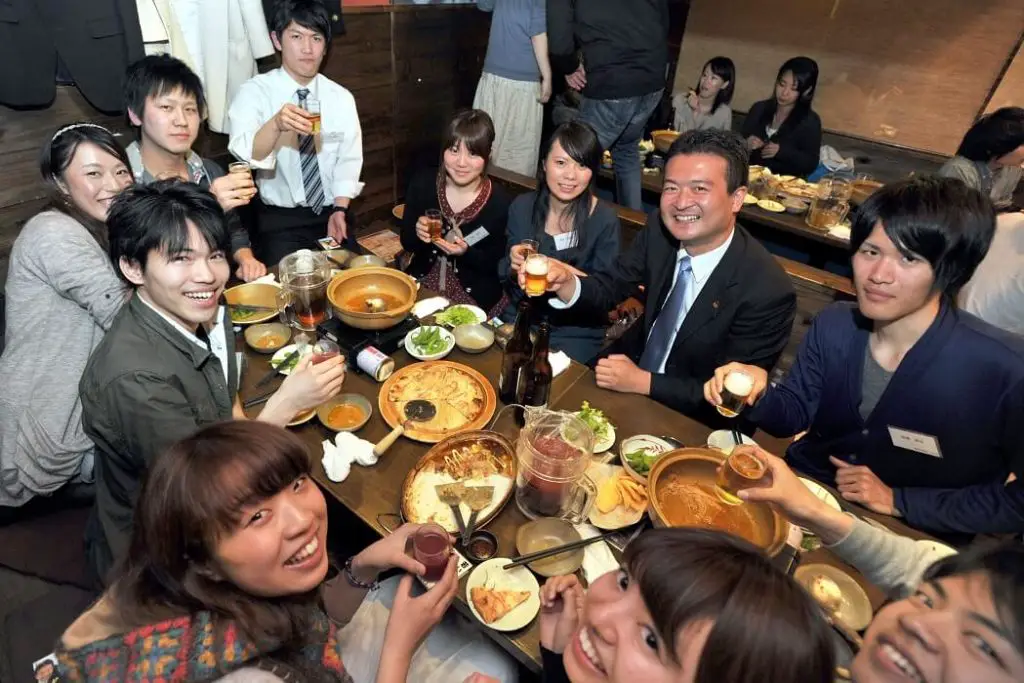
If you are a new settler in Japan, “nominication” is a precious skill that you need to master to integrate into the local lifestyle.
Why is drinking an important part of Japanese culture? For a society as famously reserved as Japan’s, alcohol is the perfect icebreaker. When people get drunk, they talk and share opinions more openly. Thus, having a drink is a unique chance to get to know people outside formal relationships – especially for work colleagues, who engage in less workplace chit-chat than in the West. Company employees seldom refused to drink with superiors; or else they might miss promotion. Drinking holds a such significant meaning that Japanese even coined the word “nominication” for it. This hybrid word combines the Japanese word for drinking “nomu” and the English word “communication”. If you are a new settler in Japan, “nominication” is a precious skill that you need to master to integrate into the local lifestyle.
What is the drinking age in Japan
At what age do the children in your country start drinking? Many may say 18, 16 or even much earlier ages. What about Japan? What is the legal drinking age in Japan? The answer may astonish you. Well, Japanese people are legally allowed to drink and purchase alcohol at the age of 20. This Japanese legal drinking age is clearly stated in a law that was made official in 1922 . This law was imposed to ban underage drinking, and Japan was the very first country to introduce it. However, why is it 20, but not 18 like other countries? In Japan, 20 is the turning point that a child becomes and adult. When young people reach twenty they officially become adults in Japanese society and they now have responsibilities as well as newfound liberties: such as being able to drink, smoke, go to hostess bars, gamble and to drive legally.

When Japanese people are 20 years old, it means that they are mature.
In Japan, alcohol is everywhere. Hard spirits are sold in every konbini (convenience store) and these ubiquitous mini-marts never close. In other countries, you will be stopped if you don’t look old enough to consume alcohol. In Japan, customers must show their ID card if they want to buy alcohol. If you are catched, you will receive formal reprimand.
Underage drinking in Japan
The law on drinking age in Japan has come into enforcement since 1922. However, it has not really worked. According to the result of the survey “Young People’s Drinking Behavior in Japan”, only the children of primary school and the lower age obey the law; Japanese children start drinking when they enter high school. Despite the law, round 50% of junior high school and 70% of senior high school students reported some experience with alcohol. It seems that alcohol consumption increases with age. Normally, the drunken cases caught are mostly schoolboys; however, the number of schoolgirl cases continuously increase, despite the decrease in the overall alcohol consumption. Both boys and girls drink, but boys still exhibit more drinking problems such as fighting, vomiting, hangover, and blackouts.
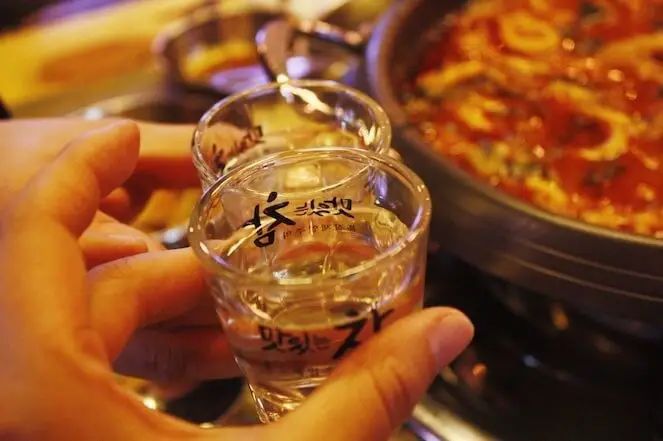
Japanese children start drinking when they enter high school.
SEE MORE:
Reasons for underage drinking in Japan
Which factors has led to this situation in Japan?
Alcohol sources
- It is getting easier to buy alcohol in shopping centers or stores. As mentioned earlier, despite enacted a long time ago, the law has not really worked. In some shopping centers, the clerks no longer ask certain customers for confirmation of age, despite the fact that Japan’s underage drinking prevention is already ridiculously easy to circumvent. It is because Japanese people are famous for courtesy and they take offense at being asked for proof that they’re not minors. Moreover, the ID card can be faked, and the cashiers can not check the genuineness of the card. Then, it is no point in checking the ID card.
- As mentioned above, you can buy alcohol from vending machines. Although alcohol vending machines are decreasing in numbers, there are still quite a few out there. You can easily buy alcohol from vending machines, and of course, they don’t card you. If getting alcohol is this easy, then why wouldn’t kids buy from them?
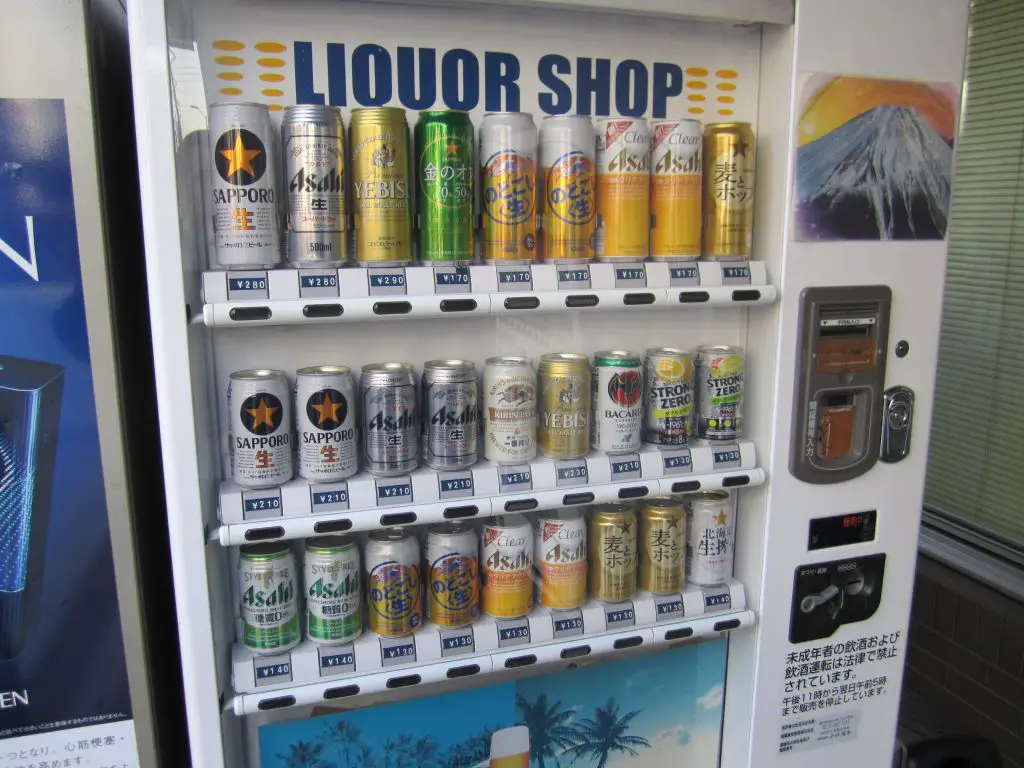
Beer vending machine
- Drinking is a very important part of Japanese culture, so each family has several types of alcohol at home. Then of course, this is another source of alcohol for students.
Other reasons
- Some types of Japanese alcoholic drinks are easy to drink. For example, Chuhai is a very tasty cocktail. It mixes shochu with fruit-flavored, carbonated soda water. Another example is Sake – the national drink of Japan. Sake is various in flavor and aroma. The flavors can be sweet, bitter, and savory, but un general, sake is sweeter than Westerner wine. Meanwhile, the aroma ranges from nutty, fruity, flowery to caramel-like. Those flavors and aromas are very much favored by children.
- Drinking teenagers are not charged with any serious penalty, so they keep running afoul of the law.
Frequently asked questions besides the drinking age in Japan
1. Can you drink at 18 in Japan?
Well, in terms of law, you can’t. You need to be at least 20 years old to drink in Japan. Both underage drinking and purchasing alcohol are illegal. There is no specified punishment mentioned in any laws so basically you won’t be arrested if you violate. But what police can do is adding your data into the national system and also informing your legal guardians, and school/ workplace about what you have done. Because drinking is illegal, it may give your school/employer grounds for disciplinary actions. What’s more, if you do something punishable in the future, the record of underage drinking will be taken into account. However, in fact, more than half of high school students have been reported to have some experience with alcohol.
2. Is the age of consent in Japan really 13?
Yes, the age of consent in Japan is 13 years old. The age of consent is the age at which a person is considered to be legally competent to consent to sexual acts. Individuals aged 12 or younger in Japan are not legally able to consent to sexual activity, and such activity may result in prosecution for statutory rape or the equivalent local law.
At 13, Japan’s base age of consent is the lowest of any developed country. However, many prefectures also have local “corruption of minors” or “obscenity statutes” (淫行条例) which raise the de-facto age of consent to 16-18, unless they are in a “sincere romantic relationship”, usually determined by parental consent. For example, the effective age of consent in Tokyo by local statute is 18. The age of marriage is 16 for girls and 18 for boys with parental permission, and 20 otherwise (as stated in the Child Welfare Act of Japan).
3. What is the youngest drinking age in the world?
Champagne often flows when toasting to the new year – but at what age can most young people legally start sipping bubbly? Around the world, the youngest age when it’s legal to purchase or be served most alcohol products is 13 in Burkina Faso. By far, the bulk of age limits are around 18 and 20, but there are a considerable number of countries that have 21. Moreover, in some countries, it could be totally banned, which means nobody can buy or sell, whereas, there are also some that don’t have any age limits. It’s legal to sell to anyone.
Visit this website for more information: https://apps.who.int/gho/data/node.main.A1144
4. What are the most common alcoholic drinks in Japan?
The most common alcoholic drinks in Japan are sake, shochu, chuhai, beer, whiskey, umeshu, amazake, awamori, etc.
5. Is drinking permitted in public?
The answer is of course yes. In Japan, it is very common to see people drinking and drunk in public places. However, you have to keep in mind that some parks may apply some rules about how people can drink or eat in their facilities, but generally it is okay to pop open the bottle almost anywhere in the country – but then again, make sure you’re not in a private property where there are rules to follow.
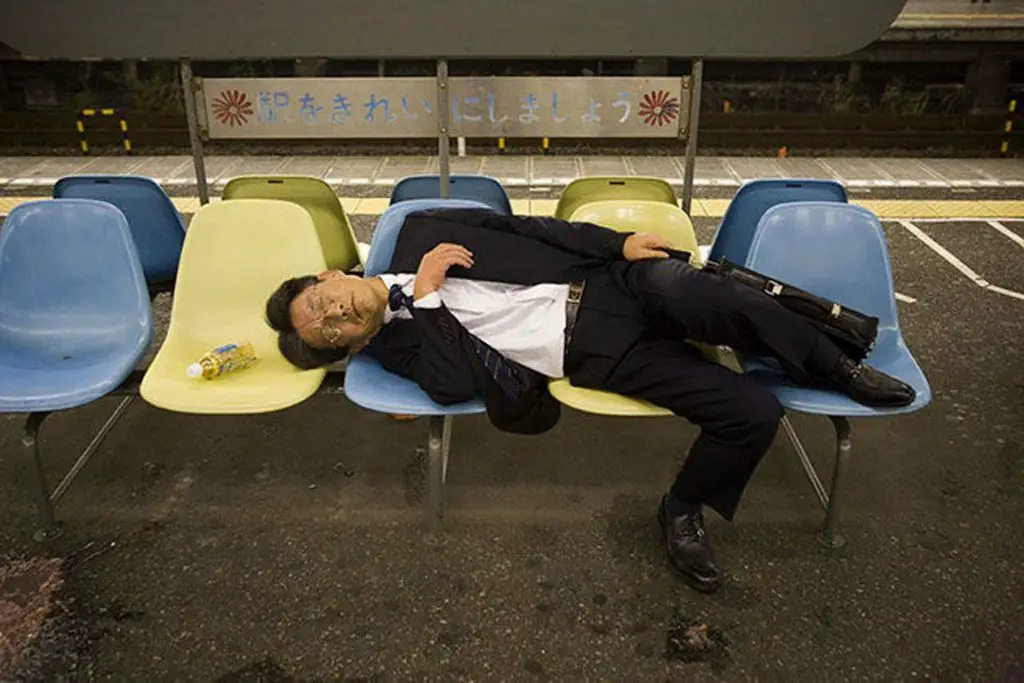
A businessman gets drunk in the public train.
There are times when you will see people getting drunk inside a moving train in Japan. Normally, it is older men and they are usually wearing suits and holding a bag as they normally just come out from work. That being said, as a tourist, it is best to avoid this kind of situation.
6. How drinking is served in Japan?
Depending on where you drink, you will either have the waiter pour the drink for you or you are the one who control the pouring. If it is the latter case, then there are rules that you need to follow:
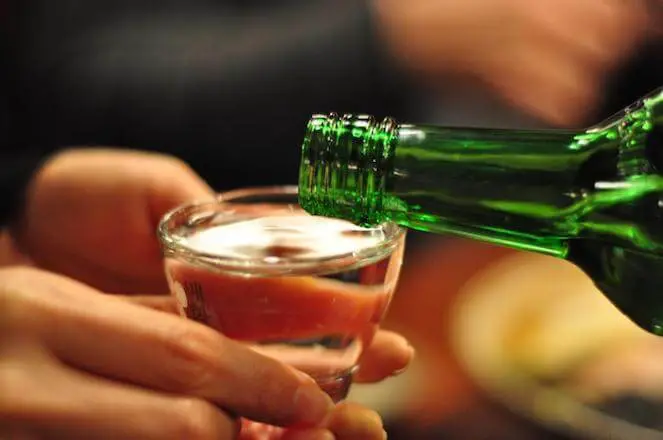
Drinking etiquette in Japan
- Never pour for your own: In Japan, it is considered polite to pour drink for others. Does it mean that you pour for others first and yourself last? No, of course, the answer is NO. If you are the one who hold the drink, then pour for any one that is boozing with you first. And your glass? It is the duty of another one who has just gotten poured by you.
- Refusal: When you fill the glass of your companion, don’t be surprised if they refuse. This indicates traditional Japanese humbleness or a form of formality. Unless someone is repeatedly and fervently refusing you to pour a drink on them, they are only being polite and you must pour them a drink anyway.
- Stop drinking: As the ritual goes, you pour for others, and other pour the drink for you. This process is continuously repeated. However, in case you want to stop drinking, leave the glass half full to indicate that you no longer want to drink.
7. Do Japanese people only drink when they gather?
Different from the countries in the west, going out to simply drink alcohol is not very common in Japan. Drinking usually comes with a meal or a light snack called otsumami. Otsumami is normally served on a plate and made of beans, small rice crackers, or dried squid.
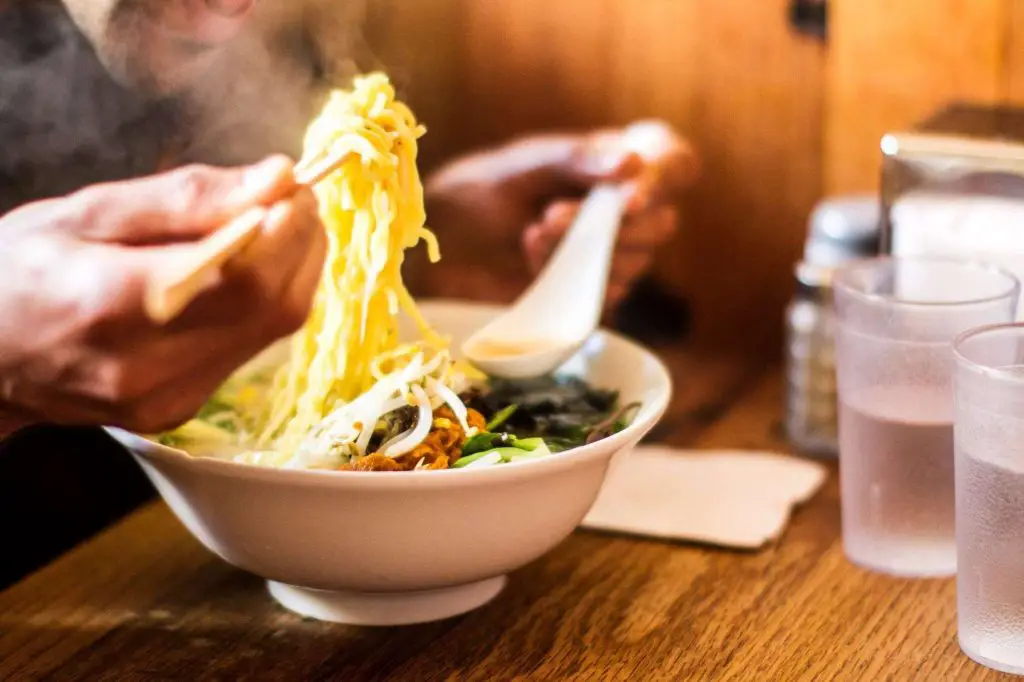
Ramen vs sake: a perfect combination
Japanese people also eat ramen after drinking. Ramen noodles go perfectly with drinks. The Japanese have a habit of eating ramen after drinking. This is because the liquid intake makes people crave salty and fatty food. And the salt will make you want to drink again.
Conclusion
Hope you know at what age can you drink in Japan as well as some basic information about the drinking age in Japan and drinking etiquette after checking this blog. If you have other questions or any tips we forgot to add to this content, let us know in the comment below!

